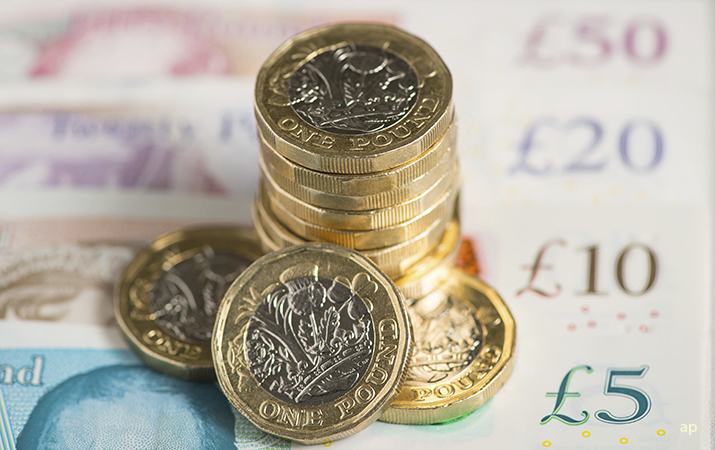Emma Wall: Hello, and welcome to the Morningstar series, "Why Should I Invest With You?" I'm Emma Wall and I'm joined today in Paris by Carmignac's Head of Emerging Markets, Xavier Hovasse.
Hi, Xavier.
Xavier Hovasse: Hi, Emma.
Wall: So, we're here today in Paris and I went this morning to the Carmignac Investment Conference. And we were talking about the outlook for emerging markets in 2017 and there were three countries which you mentioned that I thought deserved particular focus, the first of which was Mexico.
Hovasse: Yes, of course, Mexico's outlook has changed dramatically since the election of Mr. Trump. As you know, he wants to renegotiate NAFTA and this is going to have dramatic impact on the Mexican economy because 30% of the Mexican GDP today is manufacturing exports, most of which are going to the United States.
Since Trump was elected the Mexican peso has lost 15% of its value. Inflation anticipations are going up. The central bank is hiking rates which is going to hurt the domestic economy. So, we have changed our portfolio a lot, reducing our exposure to the domestic, to the companies which are…
Wall: Dependent on that U.S. dollar.
Hovasse: Dependent on the domestic demand and we bought companies like CEMEX or Grupo México, which are more global cyclicals, which have very little to do with Mexico. The other thing on Mexico is that Peña Nieto's popularity is hitting all-time lows which increases the risk that you have a very leftist president elected in the election of June 2018. As you know, there's only one round in the presidential election in Mexico. So, the risk of having an extremist candidate is much higher in Mexico than in any other country in the world.
Wall: And the second country I wanted to talk about is one equally affected by the election of Donald Trump as the 45th President of the United States and that's Russia. How has your outlook for Russia changed in 2017?
Hovasse: Well, the outlook for Russia has improved a lot obviously because this is a country – so, there are lots of tailwinds for Russia. The OPEC deal is supporting the price of oil, which is obviously the key variable for Russian assets. Global growth is improving. And the political environment is now going to improve a lot because the sanctions against Russia are very likely to be lifted. It could be as early as March as we know the relationship between Russia and the United States are going to be much better with Trump than of course with Hillary Clinton it would have been.
Wall: And Russia experienced quite a rally in 2016, but you think there even is going to be more to gain from here?
Hovasse: On a few fronts, maybe not on the fixed income assets, but the currency and the equity markets still have legs – there are still legs to this rally on equity and the currency.
Wall: And then turning to India, to sort of mix it up a bit, a country which you said was perhaps less sensitive to what is going on in the White House and remains your favorite nation within that Asia?
Hovasse: Yes, because India's economic growth relies more on domestic demand and I think Modi is doing a great job. He is pushing reforms. He had a very spectacular reform on November the 8th, he announced the discontinuation of bank notes of 500 and of 1,000 rupees which accounted for 86% of the total bank notes in circulation and this is going to reduce the part of the informal economy.
It's going to support a lot the banks because all those bank notes have been put into the banking system. The banks are going to be much more solid because the deposit base is growing and they are going to be able to finance the credit demand for the future.
Wall: A short-term shock with that sort of policy though for a long-term gain?
Hovasse: Yes. It's a negative shock on growth for the short-term. Nobody's knows how long that shock will be felt. But there are already signs – only two-and-a-half months after that already signs that plenty sectors have already normalized. So, we expect that it's probably going to be a one or two-quarter shock.
Wall: And of course, there's also VAT changes and other sort of signs that Modi really is sort of looking for the long-term future of the economy and the stock market?
Hovasse: Exactly. This tax, the GST, this global sales tax is going to be implemented in our opinion before the end of the summer and that's a very important catalyst for Indian assets.
Wall: Xavier, thank you very much.
Hovasse: Thank you very much, Emma.
Wall: This is Emma Wall for Morningstar. Thank you for watching.



























